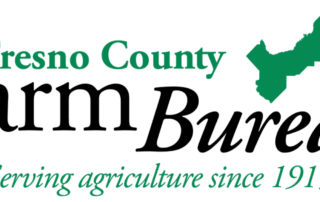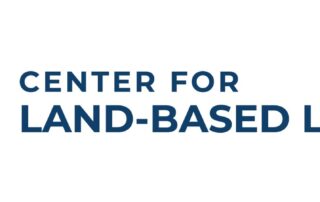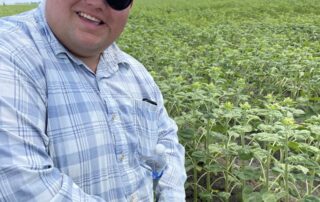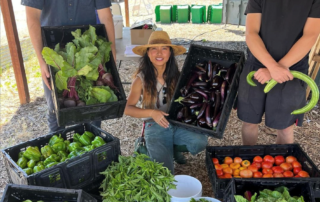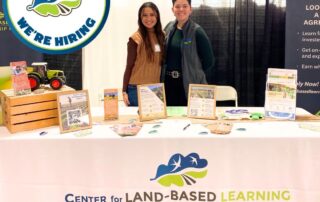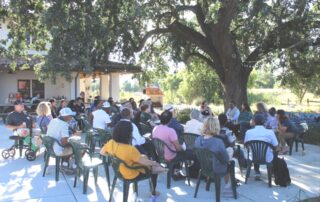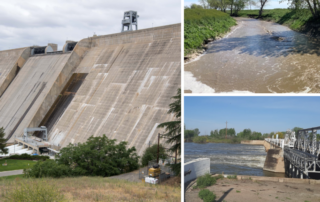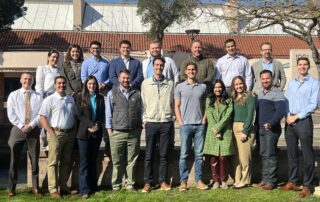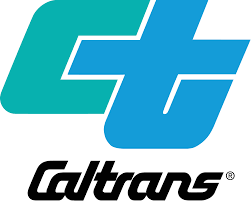FCFB Celebrates Agricultural Journalism Excellence
This evening, FCFB announced the winners of its 30th annual Journalism Awards.
Serving as judges this year were: California Fresh Fruit Association Director of Government and Public Policy Adam Borchard; public relations specialist Tanya Osegueda; and FCFB President Mark Thompson.
Award winners received the coveted FCFB Tractor Trophy, which was generously donated by Fresno Equipment Company.
The criteria for the awards were: thorough and objective coverage of issues, given time and space limitations; educational element for the agriculture industry or the consumer; and portraying the personal stories of those who make up the food and agriculture industry, making issues relevant to consumers and Valley residents.
Dozens of entries were received. First place in each of the categories are:
Audio
Patrick Cavanaugh, Ag Information Network, “Hurricane Hillary Devastates Central Valley Table Grapes,” September 2023
Farm Trade Print
Todd Fitchette, Western Farm Press, “California Tree Nuts Under Attack By New Beetle,” October 2023
General Print
Edward Smith, GV Wire, “Bipartisan Effort from Congress Wants to Lower Tariffs. What Does it Mean for California Ag?” February 2024
Video
Kassandra Gutierrez and Richard Harmelink, ABC30, “Heat Wave Impacts on Ag and How Employers are Protecting Employees,” July 2023
FCFB thanks all the journalists who submitted entries this year and congratulates the awardees.

